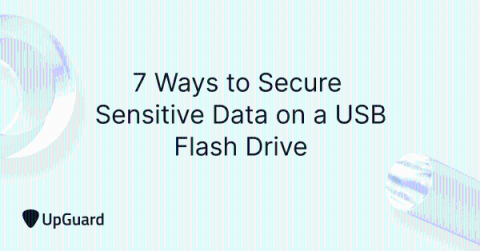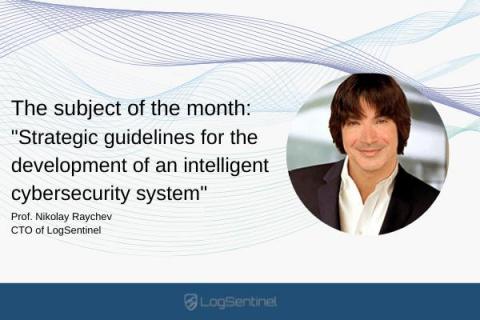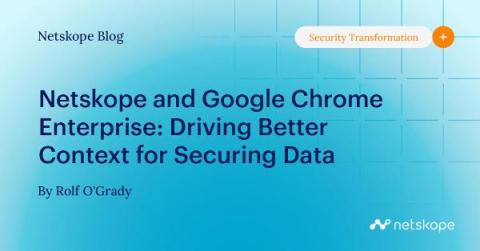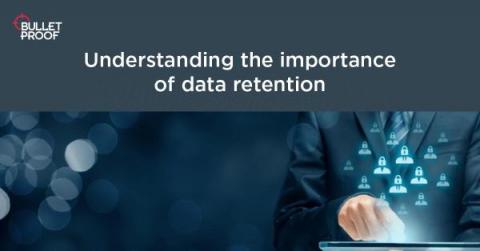7 Ways to Secure Sensitive Data on a USB Flash Drive
Over 20 years ago, USB flash drives, also known as thumb drives, were regarded as a breakthrough in portable data storage technology. Today, they are seen as a major security risk. If you must use a USB flash drive for data storage, there are ways to improve your data security. Read on to learn how to secure your thumb drive. If you’re aware of sensitive data and its storage requirements, skip ahead to our top 7 tips for securing your USB flash drive.











